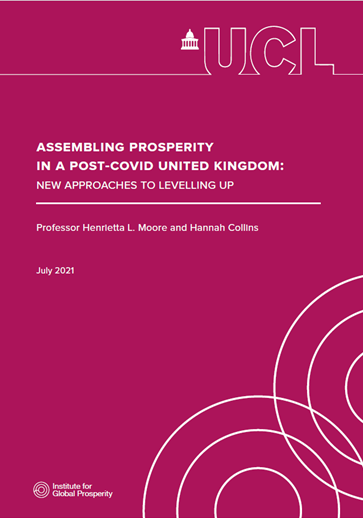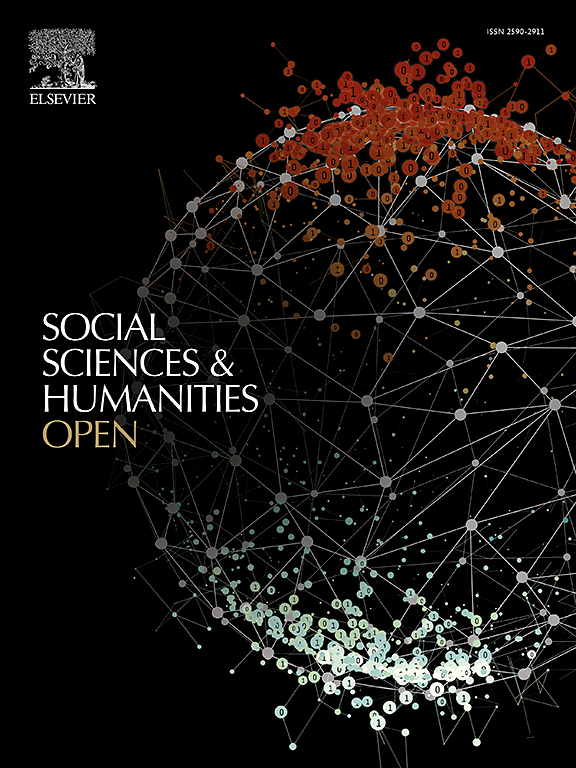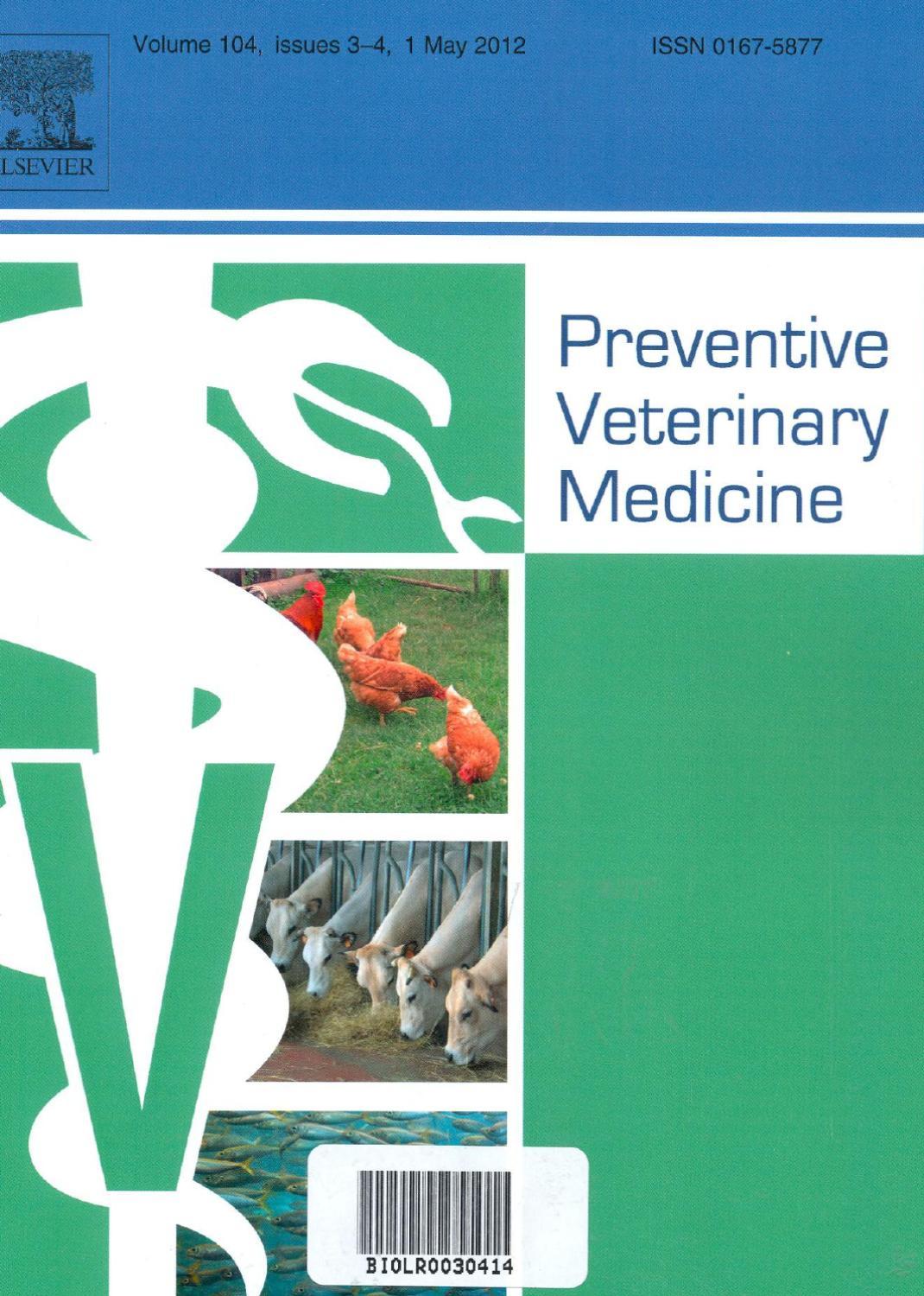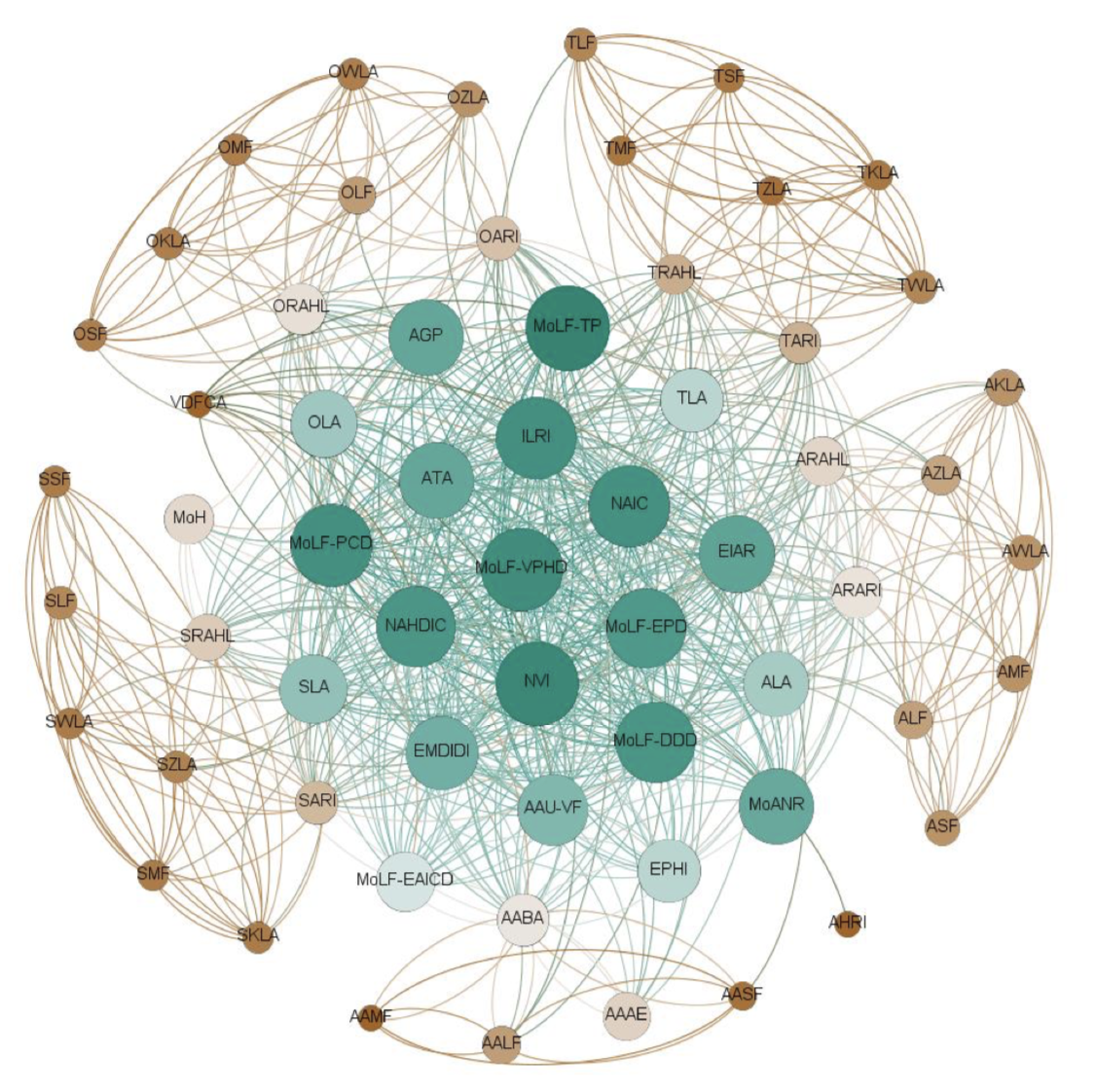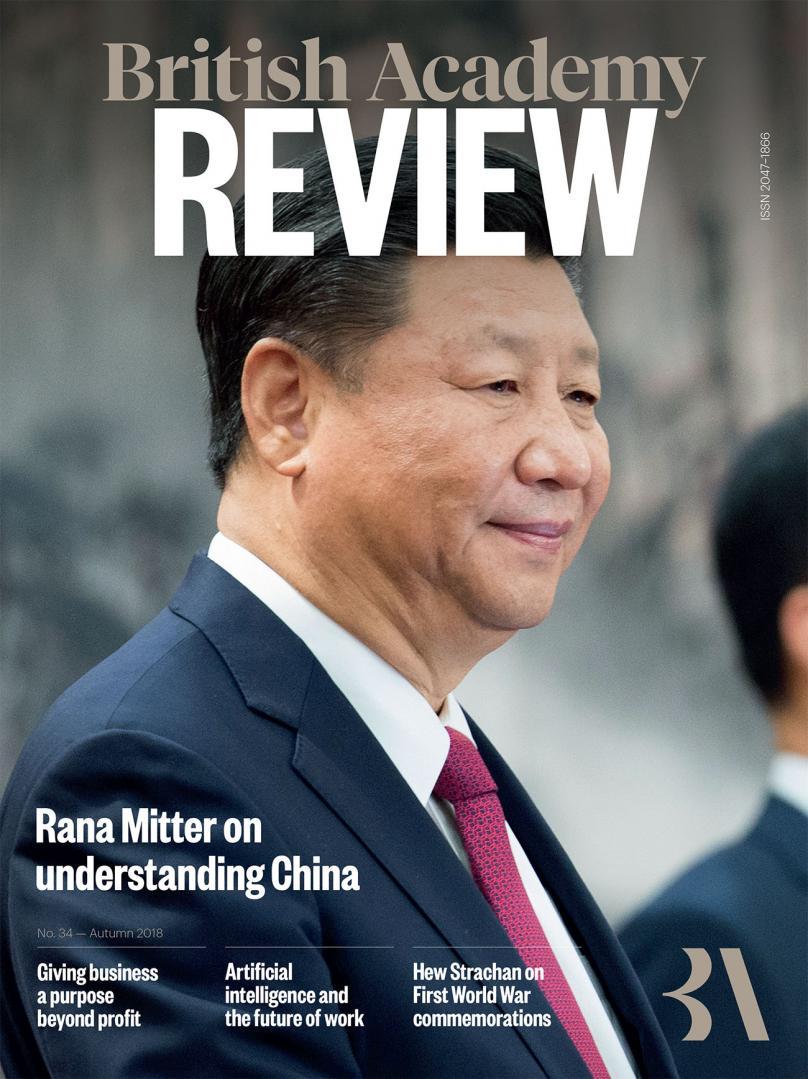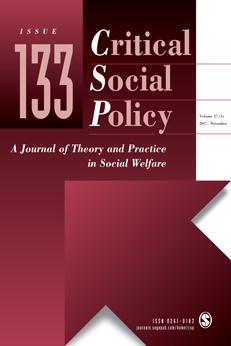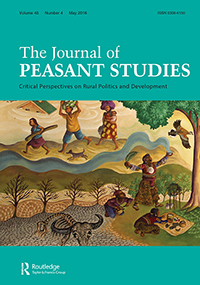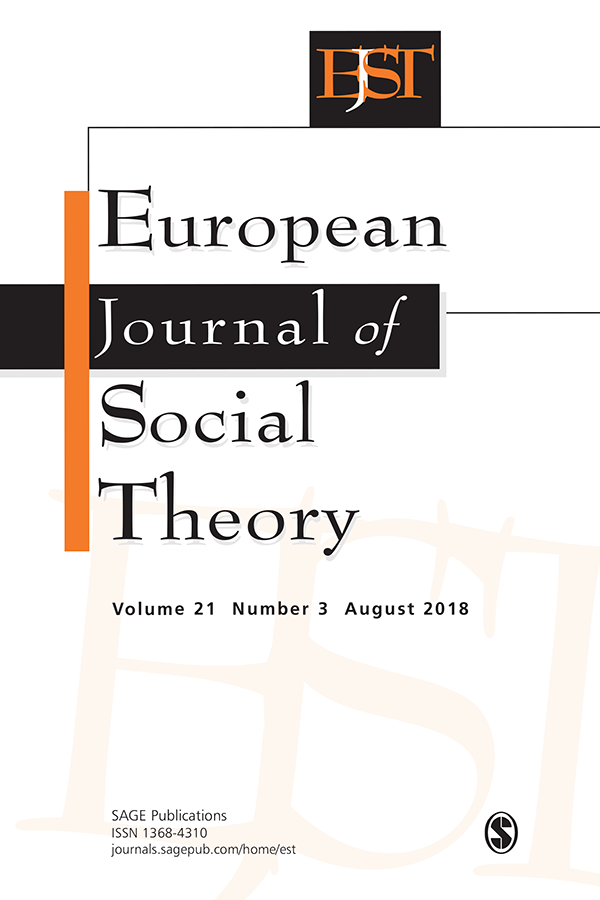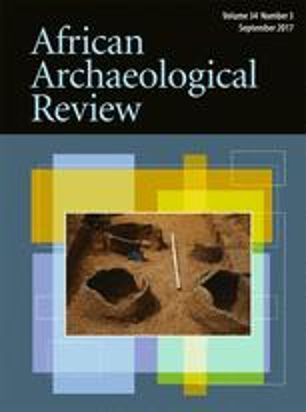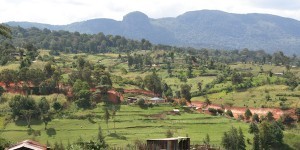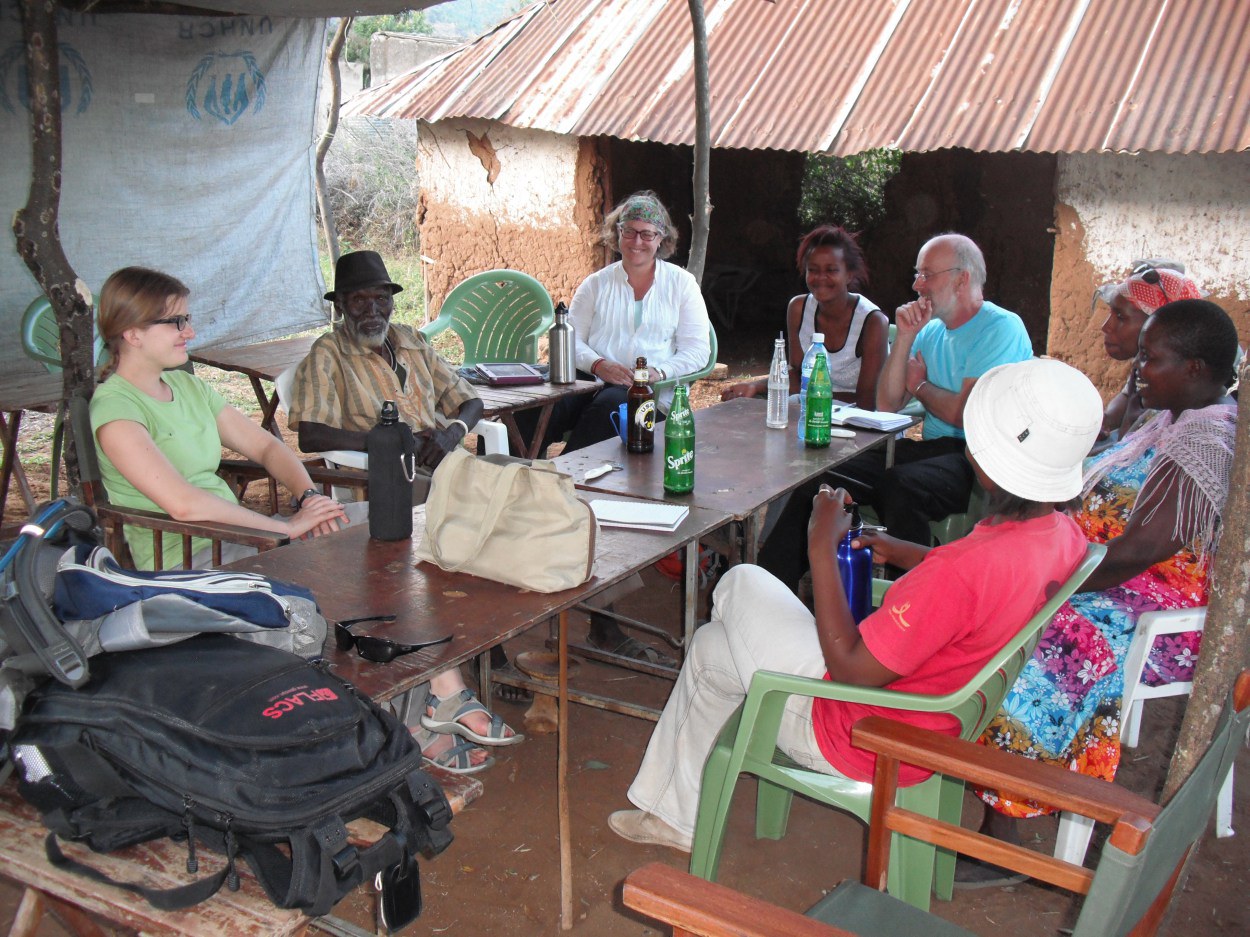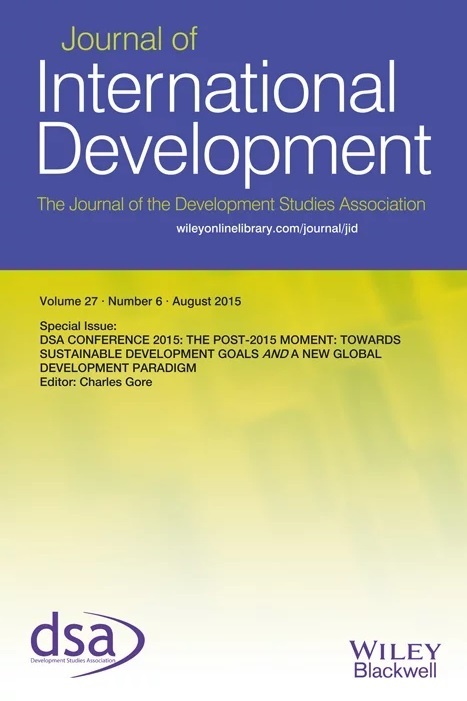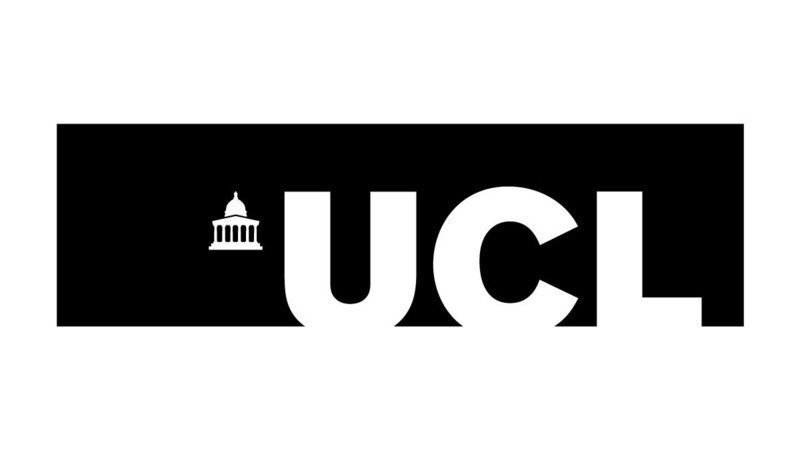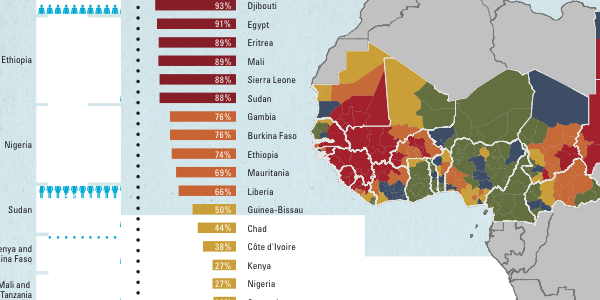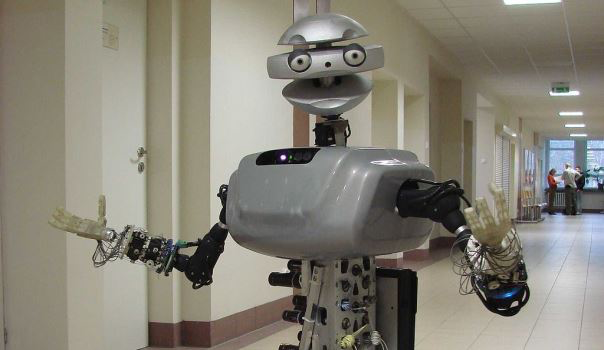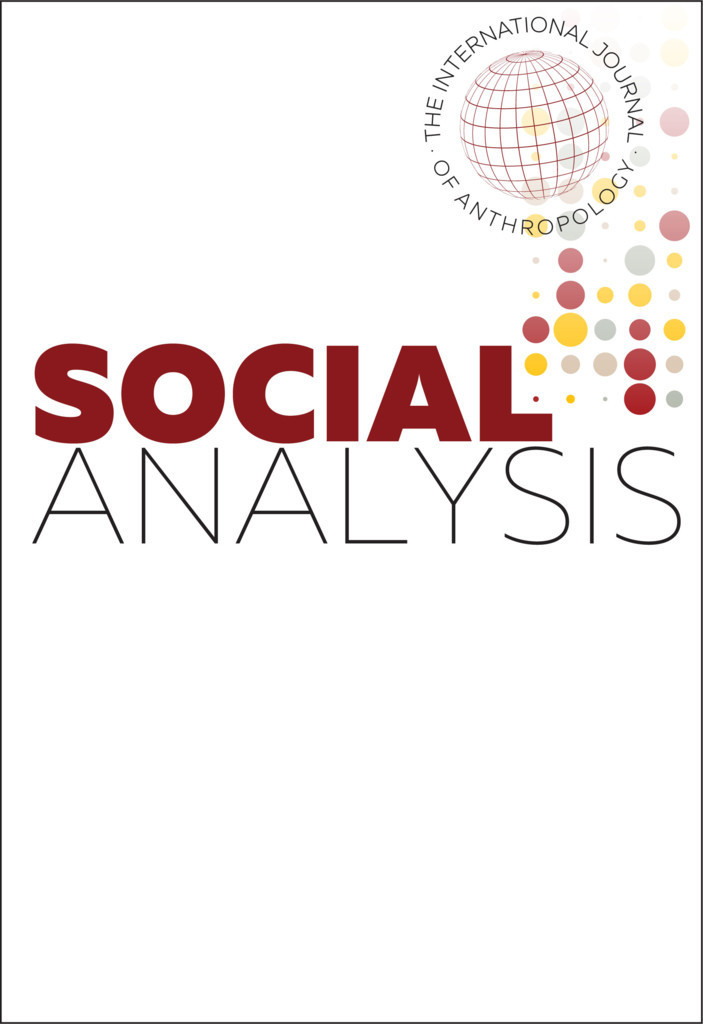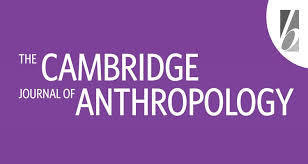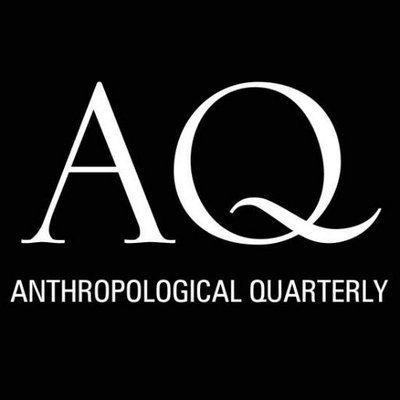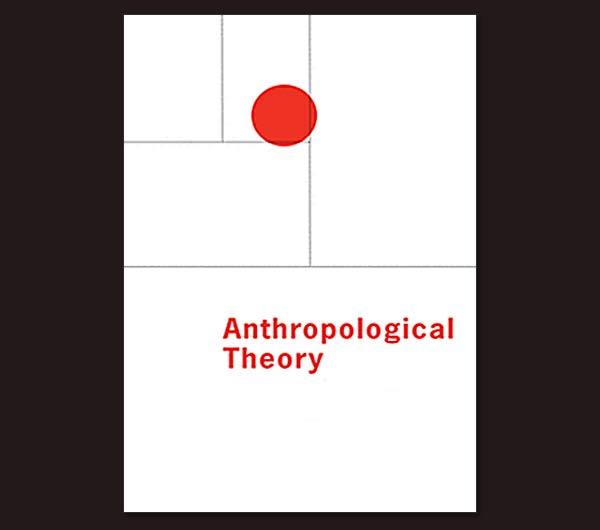Pathways to Urban Equality through the Sustainable Development Goals: Modes of Extreme Poverty, Resilience, and Prosperity
Prosperity
Read MoreSocial and cultural conditions affecting the mental health of Syrian, Lebanese and Palestinian adolescents living in and around Bar Elias, Lebanon
Prosperity
Read MoreSustained Citizen Science From Research to Solutions: A New Impact Model for the Social Sciences
Prosperity
Read MoreDecentralised renewable energy: a pathway to prosperity for Lebanon?
Prosperity
This chapter reviews the current state of play on energy and prosperity in Lebanon. The focus is on opportunities for decentralised renewable energy (RE) to not only address Lebanon’s insufficient energy supply but to incite whole systems change in Lebanon to address the compounding challenges of mass displacement, changing climate and economic crises.
Read MoreAssembling prosperity in a post-Covid United Kingdom: New approaches to levelling up
UK
Livelihood analysis and citizen-led understandings of prosperity have useful analytical potential to investigate the impact of policies, infrastructure, institutions, social support and democratic engagement on quality of life, beyond traditional income and economic growth measures.
Read MoreCitizen Social Science and Pathways to Prosperity: Co-designing Research and Impact in Beirut, Lebanon
Prosperity
Read MoreImagining a welfare state that supports secure livelihoods
UK
The pandemic has clearly exposed the inability of our existing welfare system to provide people with an adequate safety net to navigate times of crisis. The significant rise in food poverty, debt and extreme financial vulnerability caused by the pandemic is clear evidence of this.
Read MoreRebuilding the post-Covid-19 economy through an industrial strategy that secures livelihoods
UK
The Covid-19 crisis has further exacerbated the insecurity of livelihoods in the UK. This commentary reflects on what resources the UK has to fulfil the calls to ‘build back better,’ to transform the economy to prioritise health and wellbeing over economic growth.
Read MoreIdentifying and understanding local priorities for developing an ‘Economy of Belonging’: A case study of eight areas in the UK
UK
The recent outbreak of the Covid-19 pandemic has reanimated the discussion of socio-economic inequalities and livelihoods’ insecurity across the UK. There is a clear disconnect between policymaking frameworks, macroeconomic theories, and empirical exercises using national and regional statistical data, on the one hand, with the lived experiences of individuals and communities at the local level, on the other.
Read MoreTowards Prosperity: Reinvigorating Local Economies through Universal Basic Services
Prosperity
As we enter a new decade the future is increasingly uncertain. This paper focuses on interpreting existing research on localism and the foundational economy in light of recent discussions concerning Universal Basic Services. We argue that localisation of basic services should form the basis of a new industrial strategy for the 2020’s.
Read MoreAcceptability and Feasibility of Proposed Control and Prevention Strategies for Bovine Tuberculosis among Ethiopian Dairy Farmers and Associated Professionals
Africa
A series of Focus Group Discussions were held with farmers, veterinarians and human health workers in two sites in Ethiopia, as part of the Ethiopia Control of Bovine Tuberculosis Strategies Project’s efforts to devise and test the acceptability and feasibility of various control strategies for Bovine Tuberculosis (bTB).
Read MoreProsperity and the New Normal: Social Distancing and the Exit from Lockdown
The rapid policy response to quash the spread of the Covid-19 virus has been social distancing and lockdown. But these immediate policy goals cannot be maintained in the long-term management of the virus and for economic and societal wellbeing.
Read MorePower, participation and their problems: A consideration of power dynamics in the use of participatory epidemiology for one health and zoonoses research
Africa
The use of Participatory Epidemiology in veterinary research intends to include livestock keepers and other local stakeholders in research processes and the development of solutions to animal health problems, including potentially zoonotic diseases.
Read MoreTowards a shared prosperity: co-designing solutions in Lebanon’s spaces of displacement
Prosperity
This article argues that a citizen science and participatory planning approach to infrastructure can lead to significant outcomes for improving quality of life, as well as building pathways to shared prosperity in diverse urban environments.
Read MoreUnderstanding Prosperity in East London: Local Meanings and “Sticky” Measures of the Good Life
Prosperity
How prosperity is conceptualized and measured is more than an intellectual exercise. This is not simply because indicators and metrics have powerful knowledge and governance effects. Fields of action, and thereby possibilities for change, are limited or enabled by the concepts and language that citizens, policy makers, governments, and academics use to theorize, act on and measure prosperity.
Read MoreEthiopian Dairy and Animal Health Policy Sector: A Stakeholders' Network Analysis
Africa
A multitude of actors with diverse interests are involved in the Ethiopian dairy and animal disease control policy field categorized under producers, processors, input suppliers, traders, support services, regulators, consumers and zoonotic disease control. Milk and meat producers, large or small, face problems of feed shortage, high price of improved feeds, animal diseases, land acquisition, getting legal status for holdings and lack of support services such as veterinary service, extension, business advices as well as waste management.
Read MoreWhose business is prosperity?
Prosperity
Henrietta L. Moore argues that business needs to deliver sustainable prosperity for people and planet
Read More'Community and prosperity beyond social capital: The case of Newham, East London'
UK
Using data from Newham, London, this article argues that a narrow focus on social capital obfuscates the complexity of community dynamics, leading to misconceptions about the causes of social fragmentation. In the case of Newham, we show that while survey data on social capital suggests that diversity is detrimental to community life, a more nuanced analysis reveals that it is in fact an important part of community cohesion.
Read More'Prosperity in crisis and the longue durée in Africa'
Africa
This article uses research from Kenya and Zambia to demonstrate how a long-running – but temporally and spatially variable – focus on agricultural productivity has shaped the character of rural life in Africa, and why it has consistently failed to deliver enlarged forms of prosperity based on quality of life and ecological well-being.
Read More'Super-diversity and the prosperous society'
UK
Drawing on ethnographic material from East London, the authors contend that, in super-diverse places, ethnic diversity could become a valuable aspect of community life, while inequalities in social, cultural and symbolic capital become central points of social antagonism to the detriment of prosperity.
Read MoreLandscape, time and cultural resilience
Africa
In their article 'Landscape, time and cultural resilience: a brief history of agriculture in Pokot and Marakwet, Kenya' Matthew Davies and Henrietta Moore consider the Marakwet and Pokot communities of northwest Kenya, both of which have been subjected to a range of external agricultural interventions. The authors find a dynamic, yet hidden ‘cultural resilience’ spanning several centuries.
Read MoreWomen, marketplaces and exchange partners amongst the Marakwet of northwest Kenya
Africa
Based on recent fieldwork, this paper examines the intersecting economic activities of Marakwet women in northwest Kenya with a particular focus on exchange friendships. We highlight the need to expand previous definitions of tilia, based on male exchange of livestock, to include a variety of exchange friendships including those between women.
Read More'Global Prosperity and Sustainable Development Goals'
Prosperity
There is no single route to prosperity; diversity of objectives is essential and fundamental. Learning from initiatives in the Global South, such as the case of agroecology, might pave the way towards this paradigm shift.
Read More'Epistemology and Ethics: Perspectives from Africa’
Africa
There has been much discussion in anthropology of the problem of belief and of the difficulties inherent in understanding and interpreting alternative life-worlds. One consequence of anthropological understanding and interpretation being intimately tied to the epistemological and ethical project of contextualization is that other people’s knowledge is often rendered as parochial, defined by its local contexts and scope.
Read More‘The Truths of Anthropology’
Other
Let’s start with a deceptively simple question: is truth the aim of our inquiries? If the search for truth is an impossible one then what is the purpose of our endeavours? Some have suggested that truth does not exist, that it cannot be more than relative or subjective. In these arguments there is often an untimely slippage between the idea that truth is unstable, absolutely not absolute, and the view that truth is therefore not something to be sought, not something worth bothering about.
Read More‘On Being Young’
Other
I want to suggest that there are three key areas of theoretical difficulty: how to theorise children’s agency, how to theorise their rights, and how to theorise the nature of the ‘child’ itself. These are not new theoretical questions. They are all interconnected, and they link to and underpin such diverse domains of enquiry as children and social policy, war trauma and child soldiers, cognitive development, language use, sexuality and labour.
Read More‘Global anxieties: concept-metaphors and pre-theoretical commitments in anthropology’
Other
This article begins by interrogating the problem of the globa land the local in anthropology, and asks how their interconnections might be theorized. When anthropologists call for an examination of the global in concrete terms, they often fail to appreciate the place of ‘concept-metaphors’ whose purpose is to maintain ambiguity and a productive tension between universal claims and specific historical contexts.
Read MoreThe Business of Funding: Science, Social Science and Wealth in the United Kingdom
UK
Two events loomed large in the imagination of those employed by universities in England this year: the publication of the Research Assessment Exercise results and the agreement on a new review system for quality assurance in Higher Education.
Read More'The Health of Children and Young People: Setting a Research Agenda'
UK
This paper summarises and updates the report of one of the seven Expert Working Groups established by the UK’s Health Education Authority (HEA) in October 1996 to look at the potential for health promotion with key populations – in this case that of children and young people. It seeks to establish a revitalised agenda for research into the health and wellbeing of children and young people in the UK.
Read MoreThe Future of Work
Gender
This paper looks at the changing nature of work, drawing primarily on examples from the less developed and newly industrialized countries of the world. It suggests several ways we might have to revise or extend our understanding of the term 'work' in light of increased female participation in the waged labour force.
Read More